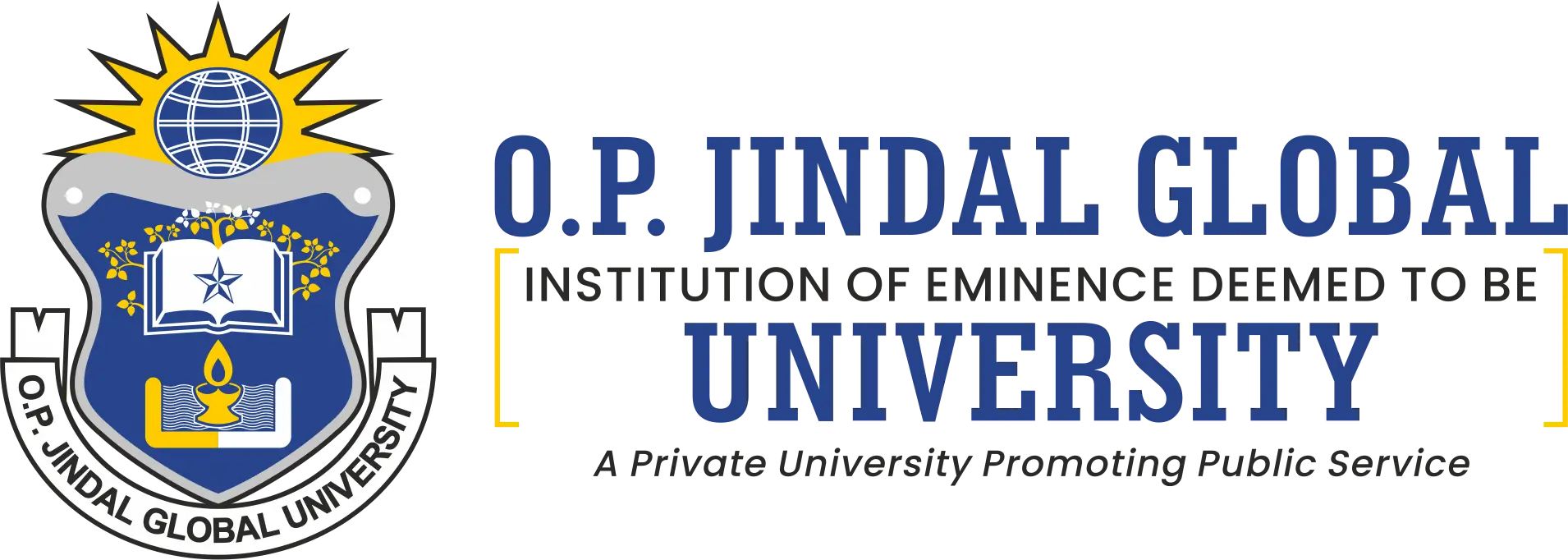Sustainability Literacy with Sulitest
Pioneering Sustainability Certification in Indian Higher Education
JGU has distinguished itself as the first Indian university to launch TASK by Sulitest a pioneering international certification in sustainability literacy aligned with the UN SDGs. Recognized as the “TOEFL for Sustainable Development,” Sulitest enables students, faculty, and staff to comprehensively understand and demonstrate core knowledge around planetary boundaries, human welfare, and global sustainability interlinkages, positioning them to be future-ready for the complexities of the 21st century.
Global Standards and Framework Alignment
Sulitest’s design is benchmarked against global education frameworks for sustainability, including the UNESCO SDG learning objectives, European GreenComp, and key reports guiding ecological transition and economics. TASK, the core assessment, encourages participants to master interdisciplinary principles from planetary boundaries to Doughnut Economics, creating a common language for sustainability and equipping decision-makers with actionable insight for creating systemic change.
Curricular Integration at JSES
At the Jindal School of Environment and Sustainability (JSES), Sulitest’s TASK is integrated into the curriculum for foundational courses such as Energy & Environment, Planetary Boundaries, and Sustainable Development Goals. All students select first- and second-year batches that are required to undertake the assessment as part of their academic progression. This approach has revealed areas of strength, particularly in governance and infrastructure, planning, and natural resource management. The feedback from results empowers both students and faculty to target knowledge gaps and increase the impact of sustainability teaching.
Access and Expansion Across Campus
Recognizing that sustainability cuts across every discipline, JGU has extended Sulitest participation beyond JSES. Students from law, business, public policy, and liberal arts are encouraged to participate; the assessment is accessible to all who wish to benchmark their knowledge against international standards and cultivate a rounded understanding of global sustainability challenges.
Whole-Institution Engagement: Faculty and Staff Training
JGU’s commitment to sustainability includes opening Sulitest TASK assessments to academic staff and university administration. This whole-institution approach is essential for creating a shared culture of sustainability, embedding relevant principles into departmental strategies, and fostering professional development aligned with ecological, social, and economic transformation. Staff and faculty are invited to take TASK, reflect on results, and integrate sustainability further into their roles and responsibilities.
Building Systemic Change and Future Plans
Integrating sustainability literacy assessment into teaching, staff training, and institutional planning, JGU leverages Sulitest to support systemic change. The process not only benchmarks current knowledge but drives curriculum reform, guides research priorities, and underpins campus-wide initiatives for sustainability transformation. With ongoing efforts to expand usage and embed Sulitest in more programs, JGU is leading the way in building a university-wide foundation for SDG literacy and action.







